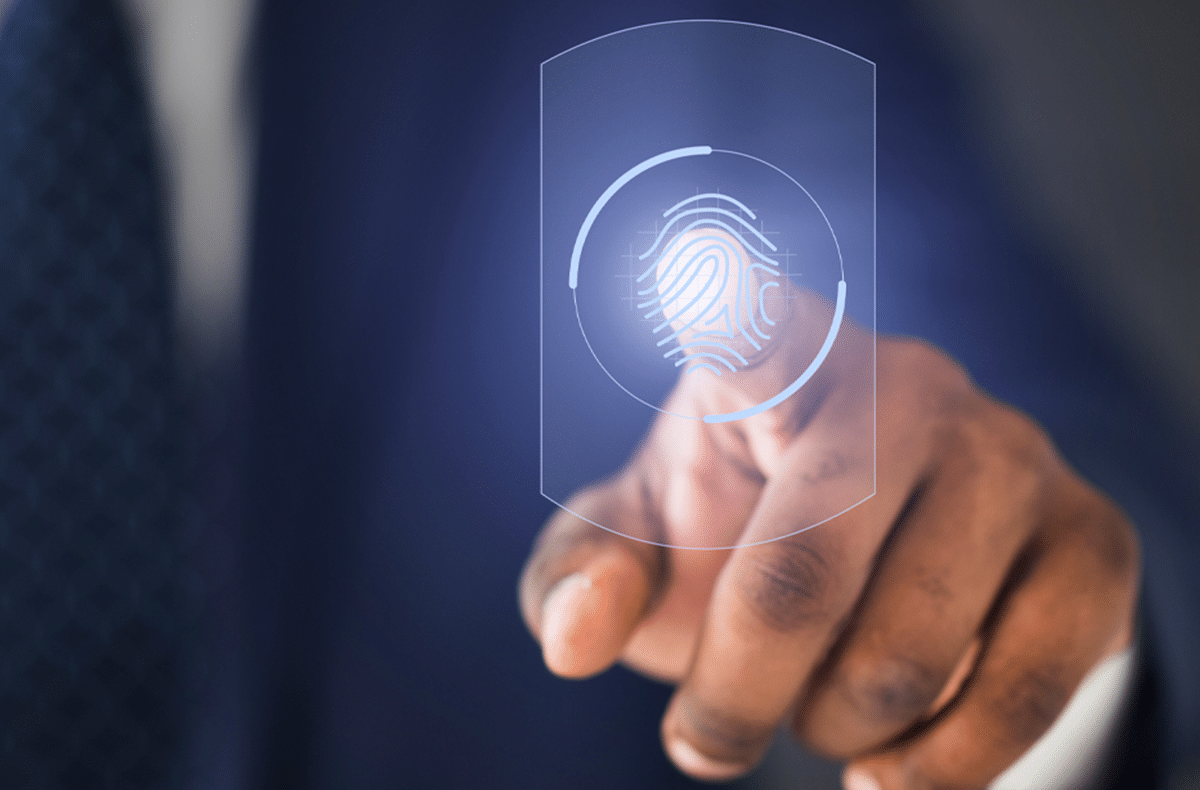Help! My identity has been stolen

Your identity is more valuable than your possessions. If criminals steal it, it can cost you greatly. Here’s how to protect yourself.
Picture this: You’ve applied for a job and you’re on the short list. The employer is doing background checks, phoning your referees and checking your credit record. You think you have nothing to worry about – until your credit record shows that you owe thousands to all sorts of ‘creditors’, and a summons has been issued against you. You don’t get the job. Worse, you know nothing about the accounts opened in your name that are now heavily in arrears!
Sadly, this is not a scene from a movie. Thanks to increased online connectivity, cellphone use, official corruption and our own carelessness, identity fraud is a booming trade for crime syndicates. Private investigator Rick Crouch told the media: “Most people throw away documents containing their bank account details or other personal data. Nine out of 10 times, when your data is stolen you won’t even know it has happened. It is a multi-billion-rand industry.”
WHAT IS IDENTITY FRAUD?
If criminals get their hands on your personal information − your ID number, postal or email address, phone numbers, bank details, signature – they can impersonate you to commit fraud. They do this by stealing documents, buying information from databases, or hacking into computer systems. Using your personal details, they pretend to be you, and open accounts, take out loans, rent cars, even buy cars – in your name. You remain blissfully unaware until debt collectors come knocking at your door, or you receive a summons, or your credit application is denied. And if you’re blacklisted, it can take years to clear your name.
HOW TO AVOID IDENTITY THEFT
- Keep your ID and driver’s licence documents safe – if they are stolen, you could be in for a world of trouble.
- Never give out personal information to strangers via email or over the phone.
- Update your computer security software annually, and change your passwords often.
- Don’t keep PINs written near your cards (such as in your handbag), or passwords where they can be accessed. Also don’t use the same password across many platforms. If you have a smartphone, a laptop or tablet, an email account, social media accounts, an online banking account and you do online shopping, make sure you use a different password for each application. Yes, it’s a bit more difficult to remember, but it’s worth it.
KNOW ABOUT THESE COMMON IDENTITY THEFT SCAMS
Phishing:
This takes the form of fake emails, often claiming to be from your bank, that request important information and often direct you to click on a link or an attachment. If you do so, your personal details can be accessed and used to impersonate you in financial transactions. According to the Symantec Intelligence Report, South Africa is among the most targeted countries for such online cons.
Smishing:
Phishing via cellphone, where fraudsters try to get your PIN or bank details via text message.
Driver’s licence theft:
If your driver’s licence is stolen, it can be used in various ways, none of which are good for you! What it comes down to is that somebody else will be driving around with your driver’s licence details, and any traffic-related offences they commit will be traced to you.
Social security theft:
If you receive a government grant, criminals can use your ID to defraud the government and collect payments that are meant for you.
Medical / insurance theft:
Much the same as social security theft, this means that criminals can use your medical aid or insurance profile to pretend to be you, and make false claims in your name.
WHO IS AT RISK OF IDENTITY THEFT?
In South Africa, men between the ages of 30 and 40 are often targeted, but anyone is at risk. Be vigilant if you have moved, have lost important documents, if you often pay with cards, or use a smartphone or social media.
You might remain blissfully unaware until debt collectors come knocking at your door, or you receive a summons, or your credit application is denied. And if you’re blacklisted, it can take years to clear your name.
- Don’t respond to an e-mail or SMS that asks you to insert or update personal or banking details by clicking on a website link provided, or opening an attachment. Just click delete.
- Shred or burn salary slips, bank statements and receipts before you throw them away.
- Don’t use shared or open mailboxes. Rather open a Post Office mailbox.
- Avoid doing personal transactions via the internet on your phone in free wi-fi hotspots, as these can be set up by criminals. Rather search via your cellular provider.
- Don’t use bookmarks to access online banking – enter the address manually or do a search.
- Keep your personal details to a minimum on social media, and don’t accept ‘friend’ requests from anyone you don’t know.
- Get SMS alerts for transactions made with your accounts.
- If you move, inform your banks and all your creditors, and have your mail forwarded to your new address for a year.
- Check your credit score. You can get a free credit report each year through credit companies, such as TransUnion, Experian or Compuscan. Your credit report will show all transactions made in your name; accounts opened; enquiries about your credit record; whether you’ve been blacklisted etc.

WHAT TO DO IF YOUR IDENTITY IS STOLEN
If you lose important documents, report it immediately to the Southern African Fraud Prevention Service. They offer a free protective registration service to help citizens avoid falling prey to identity fraud.
If your credit record suggests fraud, you can lodge a dispute with the credit bureau that supplied the report. Report the identity fraud to the police to get a case number. Then report it to the SAFPS. Keep all documentation related to the case safe, as you might need it to prove your innocence.
THEMBI’S STORY
I have no idea how my identity was stolen. It started when I noticed some unusual debits from my account. They appeared to be from cell networks that weren’t my provider. I contacted my bank to reverse the payments and block future debits. The bank requested the cell networks provide proof of a contract giving permission to debit my account and one of them came back with a copy of a fraudulent contract including a fake ID document using my ID number and someone else’s phone and fake proof of employment. It was a unnerving experience to see my ID number but a stranger’s photo on the fake ID!
Over the course of the next few months, it emerged that my identity and personal information had been stolen and used to open two cellphone accounts and a clothing account, all of which were now in thousands of rands of arrears and negatively impacting my credit record. Because the onus is on you to prove an account is fraudulent, it takes an enormous amount of time and effort to contact each company’s fraud department, complete forms and provide affadavits and documentation – and then to follow up and ensure the accounts have been closed.
I registered the theft with the South African Fraud Prevention Service (SAFPS) and now I have to present an SAFPS document every time I want to open a new account. But almost a year later, I am still struggling to get the clothing retailer to remove the record of the fraudulent account from my credit record. I also worry that my ID was used to open more accounts that I don’t yet know about or that – even though my ID number is registered with the SAFPS – the fraudsters might still manage to use my info to commit further crimes. It was a harrowing experience that has left me paranoid, especially since I don’t know how my information was stolen in the first place.
Related articles

Latest Jet club magazine
We’ve got the latest trends, exciting prizes and exclusive savings just for you!
Jet Club will not pass your details to anyone else. By clicking the subscribe button you confirm you have read and agree to the Jet Club Terms and conditions and Jet Club Privacy Statement.
Subscribe

